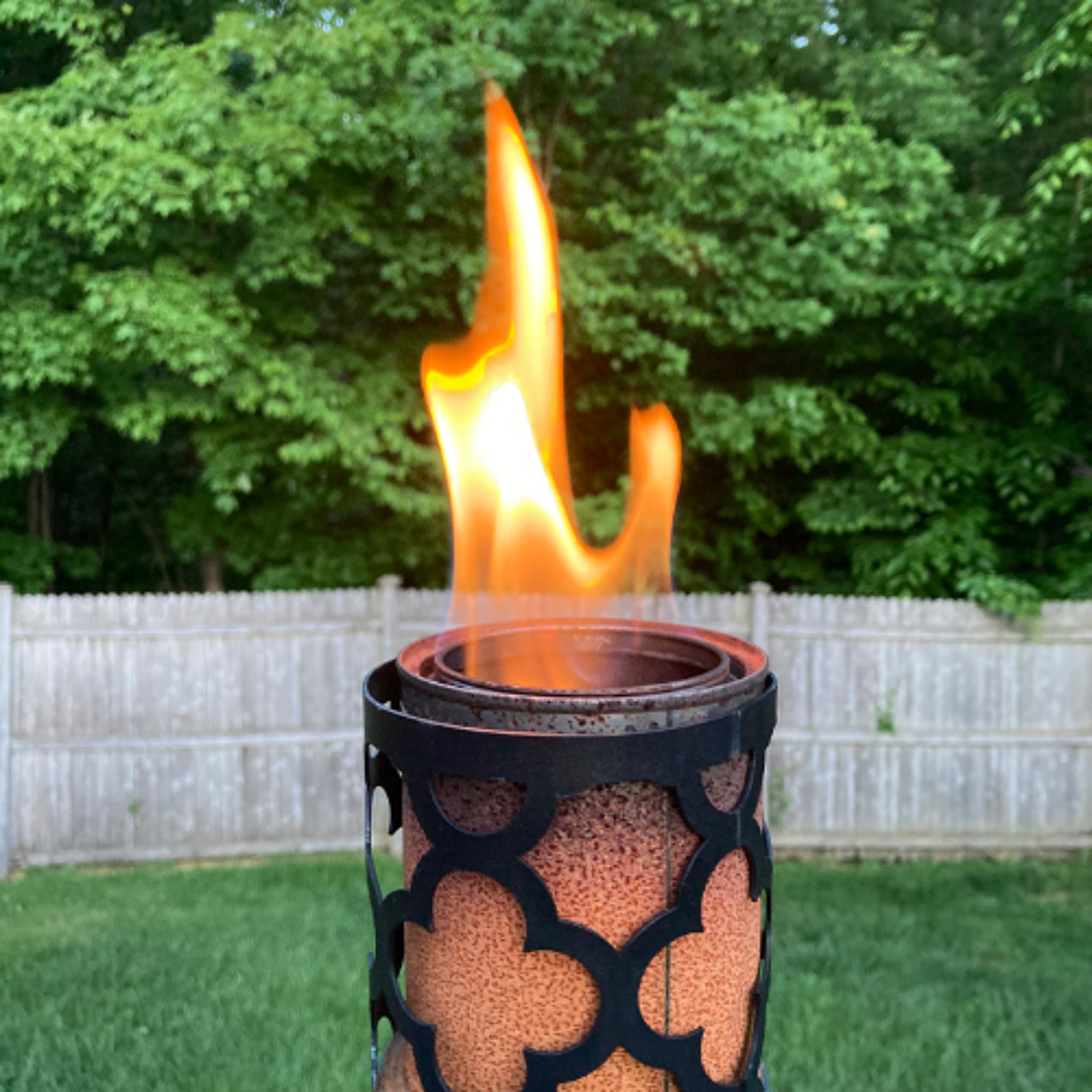Remembering Dr. King
Dr. King emphasizes that faith is a call to actio…
Dr. King emphasizes that faith is a call to action. It is not enough in our human capacity, in relation to God, for us to simply pray for a miraculous resolution to the injustices that plague our world; rather, we are urged to engage in the work of bringing healing to the challenges of our communities.
May God prosper you according to His divine will and purpose.
Rev. Jay Stuart Glover
I’m Rev. Jay Stuart Glover and you are listening to Faith Talk. For today’s episode we are celebrating the life of Rev. Dr. Martin Luther King Jr., and his work towards justice. We will take a moment to look at two powerful quotes from his book, “Strength to Love.” The book “Strength To Love” is one of my favorites and clearly a must read.
The first quote I want to explore speaks to the essence of faith and our often misguided expectations of divine intervention that absolves us of any participatory role. Here’s the quote: “Therefore, we must never feel that God will through some breathtaking miracle or a wave of the hand, cast evil out of the world. As long as we believe this, we will pray unanswerable prayers, and ask God to do things that he will never do. The belief that God will do everything for man is as untenable as the belief that man can do everything for himself. It, too, is based on a lack of faith. We must learn that to expect God to do everything while we do nothing is not faith , but superstition.
Dr. King emphasizes that faith is a call to action. It is not enough in our human capacity, in relation to God, for us to simply pray for a miraculous resolution to the injustices that plague our world; rather, we are urged to engage in the work of bringing healing to the challenges of our communities. This quote reminds us that while we find solace in prayer, true faith necessitates that we complement our spiritual practices with tangible action. Faith requires our participation; it summons us to be active agents of change, confronting the evils present in our societies.
Simply put, there is a danger in relegating our responsibilities to a future basking in divine miracles. This notion can lead to complacency and a false understanding of faith, that undermines the urgent need to address the systems of injustice around us. Too often, we assume that the divine will intervene without acknowledging the role we play in this partnership. When God placed man in the garden of Eden, he charged him to take care of it. As we navigate through our intensifying social complexities let us be encouraged to reconcile our prayers with our actions and embrace the care taking work towards justice. The Bible tell us in the letter to the Galatians: let us not grow weary in doing what is right, for we will reap at harvest time, if we do not give up. So then whenever we have an opportunity, let us work for the good of all, and especially for those of the family of faith.
The second quote from the book, I wish to reflect upon is equally compelling and it reads in this way: “Any religion that professes to be concerned with the souls of men, and yet is not concerned with the economic and social conditions that strangle them… and the social conditions that cripple them is described as “an opiate of the people.”
Here, King delivers an indictment of faith expressions that overlook the concrete realities of oppression, poverty, and social injustice. He calls us to a faith that is not blind to the lived experiences of those suffering from systemic inequities. A concern for the soul must encompass concern for the entirety of a person, which includes their social and economic realities. Dr. King highlights a dangerous disconnect—when spirituality exists without a commitment to working towards a lived experience that represents social justice, it becomes detached from the very message of love and compassion at the heart of the Gospel.
This quote challenges us as contemporary believers to foster a faith that actively engages with issues such as economic inequality, disparities in educational opportunities, insufficient or non existing healthcare, lack of affordable housing, and food insecurities.
In honoring Dr. King's legacy, we must ask ourselves crucial questions. How can our faith find find expression in our working towards making our communities a better place? Are we willing to let our faith inspire us to take action towards dismantling injustices that continue to plague our communities today?
As we celebrate Martin Luther King Jr. Day, let us remember that King’s vision of a beloved community and a world redeemed through love and justice calls for our participation. His life exemplified that no matter how daunting the struggle, collective action rooted in love can bring about profound change.
In conclusion, let us hold on to King’s teachings as we commit ourselves anew to the pursuit of justice, equity, and love for all. May we never allow our faith to be a mere superstition, but rather, may it be a vibrant, living force that propels us into action.
I’m Rev Jay Stuart Glover and you are listening to “Faith Talk.”
Thank you for joining me on this commemorative reflection.
These episodes are available on iTunes, Spotify, Amazon, YouTube and other podcast platforms. Please share with family and friends. Visit www.revjaystuartglover.com Where you can sign up for our mailing list, leave a review, comments and reach me directly by email.
Until next time, may your faith inspire bold actions toward justice. Amen










